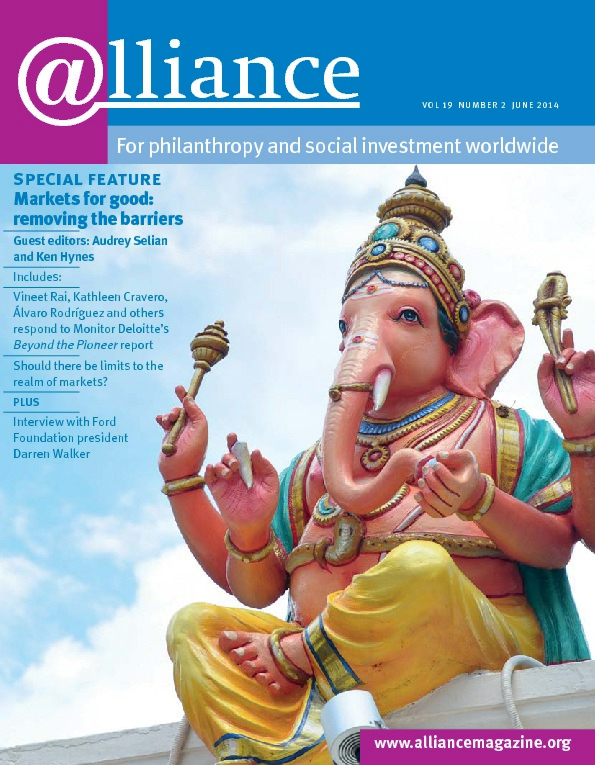While money laundering and terrorist financing are serious crimes, suggested measures may disrupt or discourage the legitimate and essential work of public benefit organizations (PBOs). The key driver of policy development in this area is the Financial Action Task Force (FATF).
FATF[1] is an inter-governmental body established in 1989 by the ministers of seven Member jurisdictions (G7 summit in Paris), initially to examine and develop measures to combat money laundering. In October 2001, FATF expanded its mandate to deal with the issue of funding terrorist acts and terrorist organizations. It has since grown in size and influence.
In November 2001, FATF adopted eight Special Recommendations to deal with the issue of terrorist financing. One of these, Recommendation 8, singles out the non-profit sector as particularly vulnerable to terrorist financing, and calls on states to introduce laws and practices to mitigate the risks, even though instances of terrorist financing by PBOs are extremely rare relative to the size of the sector.
 FATF standards have tacitly encouraged, in a growing number of countries (more than 180 countries are now committed to implementing FATF’s recommendations), the establishment of over-reaching regulatory frameworks that restrict the legitimate activities of PBOs. In 2012, Statewatch and Transparency International released the first in-depth analysis of the impact of Recommendation 8 on PBOs.[2]
FATF standards have tacitly encouraged, in a growing number of countries (more than 180 countries are now committed to implementing FATF’s recommendations), the establishment of over-reaching regulatory frameworks that restrict the legitimate activities of PBOs. In 2012, Statewatch and Transparency International released the first in-depth analysis of the impact of Recommendation 8 on PBOs.[2]
Furthermore, FATF standards contain extensive ‘due diligence’ obligations that are making financial institutions increasingly risk-averse when it comes to dealing with PBOs and facilitating the transfer of funds to fragile or conflict-prone states. This is adversely affecting the legitimate activities of local CSOs and humanitarian and peace-building organizations in some of the areas where they are needed most.
For foundations, there are more rules and checks from auditors and financial institutions arising directly or indirectly from the implementation of FATF standards. The costs of due diligence are rising and government requirements to check grantees against lists of individuals or organizations designated as ‘terrorist’ are increasing. There are severe restrictions on foreign funding in some countries, particularly for human rights and social justice issues.
Engaging with FATF
In 2012, a Transnational NPO Working Group on FATF was established to research the effects of FATF on PBOs, to raise awareness of its operation among the PBO community, and to try to influence FATF in the direction of more favourable attitudes towards PBOs.
This effort is already having some positive results. In April 2013, FATF organized a consultation with representatives from PBOs in London. One of the key demands – that FATF Member States should ensure that the enabling environment needed for civil society is not undermined by the Recommendation 8 regime – was reflected in the conclusions of the FATF Chair, and the revised Best Practice Paper on Combatting the Abuse of Non-Profit Organizations. Two further consultations took place in December 2013 in New York and in January 2014 in Brussels on the work that is currently under way on developing a typology of PBOs’ risks and vulnerabilities to potential abuse for terrorism financing purposes. The typology report will be presented to FATF at the plenary meeting in June. It is expected that a more comprehensive review of the Best Practice Paper will then be considered.
While some progress has been made, more concerted action by coalitions of concerned stakeholders from civil society at country and transnational levels is required to push for reform of the Recommendation 8 regime so that PBOs can operate without undue constraint.
1 http://www.fatf-gafi.org
2 http://www.statewatch.org/analyses/no-171-fafp-report.pdf
For more information
To get involved in the Transnational NPO Working Group on FATF, contact Sevdalina Rukanova at the EFC at SRukanova@efc.be



Comments (0)